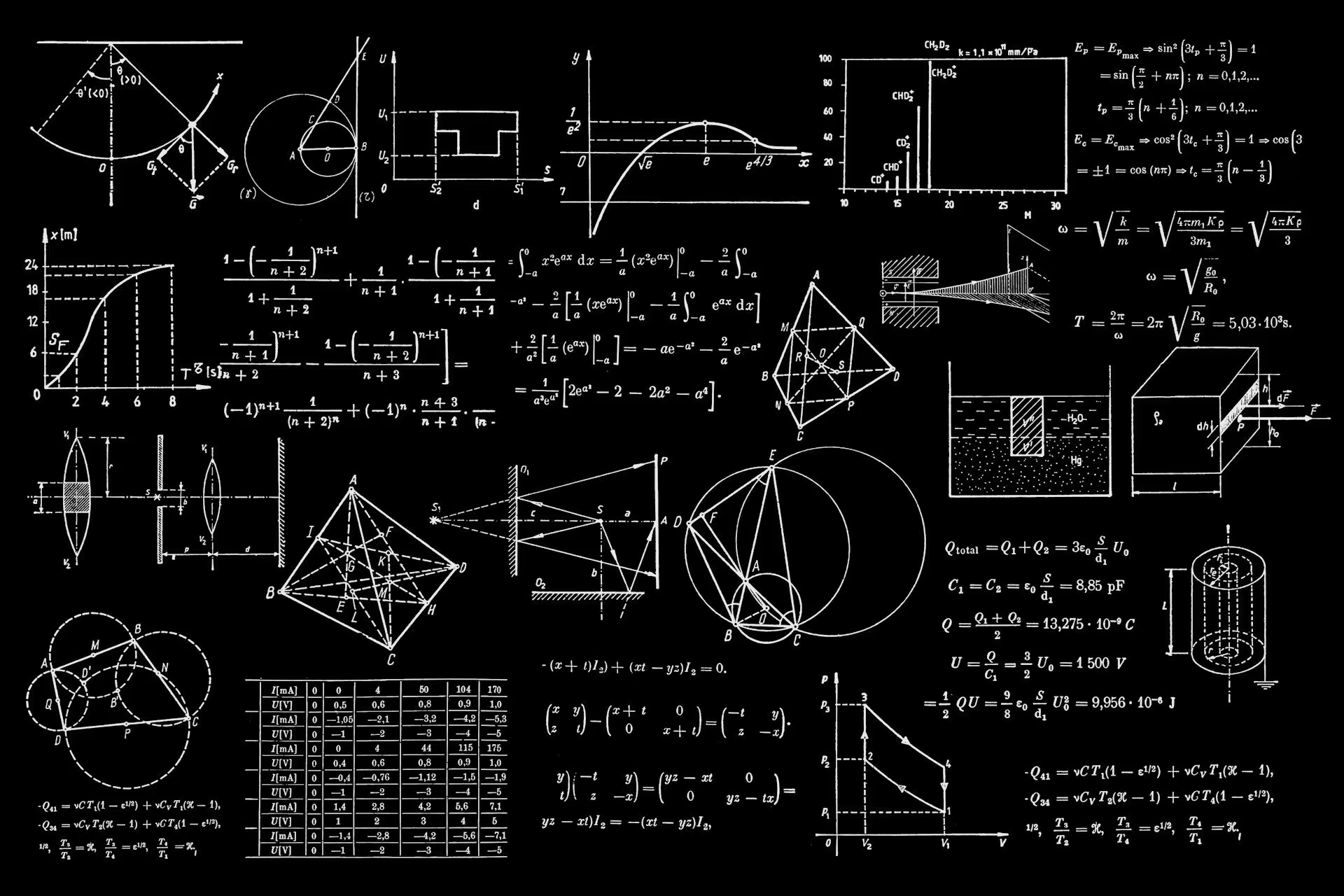Project Eleven Offers 1 BTC to Anyone Who Cracks Bitcoin's ECC Key Using Quantum Computing
Quantum Computing Group Offers 1 BTC to Anyone Who Can Crack Bitcoin's Crypto Key
Quantum computers are capable of quickly breaking the cryptographic algorithms that secure blockchain networks.
Sam Reynolds | Edited by Parikshit Mishra Updated April 17, 2025, 4:25 PM Published April 17, 2025, 6:58 AM

What is important to know:
- Project Eleven has launched the Q-Day Prize, offering 1 Bitcoin to the first team that can crack an elliptic curve cryptographic key using a quantum computer.
- The competition highlights the potential danger that quantum computing poses to Bitcoin security: more than 10 million addresses could be at risk.
- Solutions such as the Quantum Resistant Address Migration Protocol and Coarse-Grained Boson Sampling have been proposed, but both require a hard fork.
Project Eleven, a quantum computing research and advocacy organization, has announced the Q-Day Prize, a global competition that offers 1 Bitcoin (BTC) to the first team that can crack the elliptic curve cryptography (ECC) key — the cryptography that secures the Bitcoin network — using Shor's algorithm on a quantum computer.
Shor's algorithm is a quantum computing method that efficiently factors large numbers into their simpler components, which theoretically allows quantum computers to break cryptographic algorithms such as RSA and the elliptic curve cryptography used in Bitcoin and other blockchain networks.
We just launched the Q-Day award.
1 BTC to the first team to crack a toy version of Bitcoin's cryptography using a quantum computer.
Deadline: April 5, 2026
Mission: Protect 6 million BTC (over $500 billion)— Project 11 (@qdayclock) April 16, 2025
The competition comes at a time when advances in quantum computing suggest that a functioning quantum computer could be just a few years away. Project Eleven has also identified more than 10 million Bitcoin addresses with non-zero balances that could be at risk of quantum attacks.
The Bitcoin community is aware of the dangers posed by quantum computing and is working to address them.
As CoinDesk previously reported, a Bitcoin Improvement Proposal (BIP) called the Quantum-Resistant Address Migration Protocol (QRAMP) was introduced in early April that would require the entire network to migrate to post-quantum cryptography to protect Bitcoin wallets. However, implementing this would require a hard fork, and reaching such an agreement would be a difficult task.
Quantum startup BTQ has also come up with a solution: a quantum alternative to Bitcoin's proof of work called Coarse-Grained Boson Sampling (CGBS).
CGBS uses quantum computing to create unique patterns of photons (particles of light called bosons), replacing traditional mining puzzles with quantum-based sampling tasks for verification.
However, BTQ's CGBS also requires a hard fork, and the community's readiness for such a change is still unknown.



